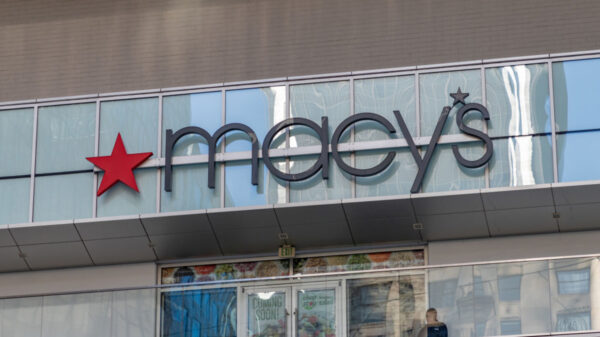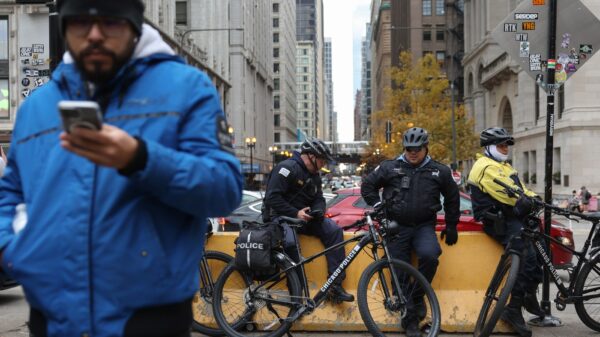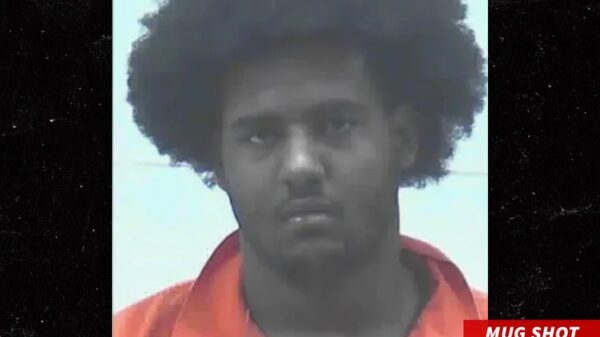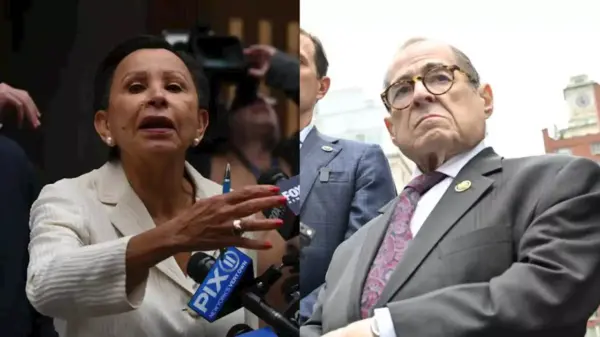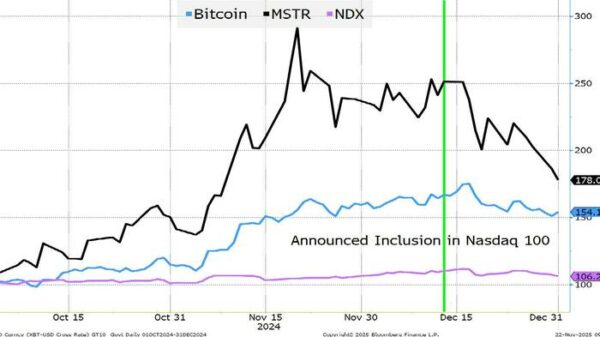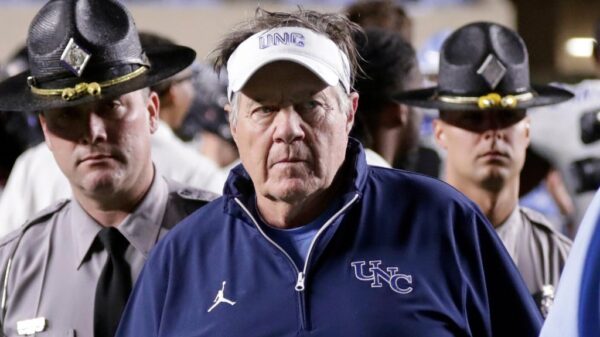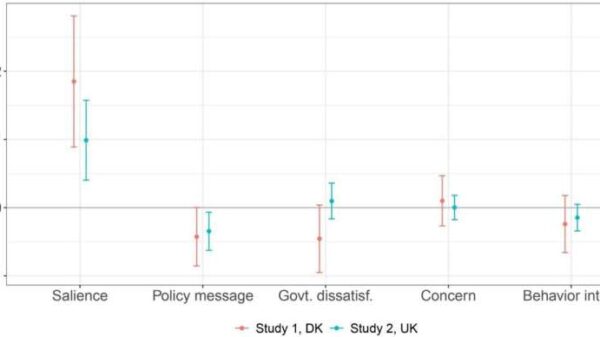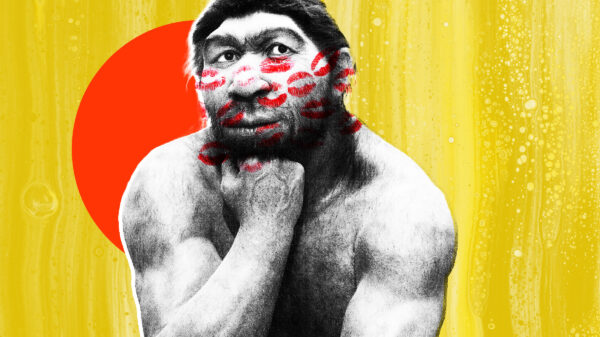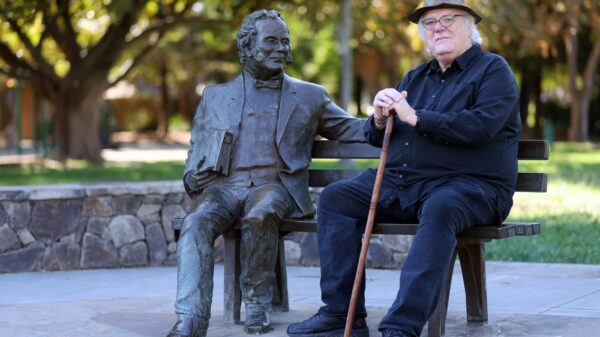Christopher Nolan is under scrutiny for filming scenes from his upcoming film, The Odyssey, in Dakhla, a city located in the contested region of Western Sahara. The decision has sparked backlash from the Western Sahara International Film Festival (FiSahara) and various human rights activists who are calling for the suspension of production in this controversial area.
FiSahara, which is held in the Sahrawi refugee camps in Algeria, issued a statement detailing the ongoing repression faced by the indigenous Sahrawi population in Dakhla, which is currently under military occupation by Morocco. According to FiSahara Executive Director María Carrión, filming in such a location contributes to the normalization of the Moroccan regime’s occupation of Western Sahara. Carrión stated, “By filming part of The Odyssey in an occupied territory billed as a ‘news black hole’ by Reporters Without Borders, Nolan and his team, perhaps unknowingly and unwillingly, are contributing to the repression of the Sahrawi people.”
The festival emphasized that high-profile projects like Nolan’s film risk overshadowing the struggles and stories of the Sahrawi people. “We are sure that were they to understand the full implications of filming such a high-profile film in a territory whose indigenous peoples are unable to make their own films about their stories under occupation, Nolan and his team would be horrified,” the statement continued. The Moroccan government has previously sought to promote its narrative of Sahrawi culture as a part of Moroccan identity, even launching a film festival in Dakhla to counter FiSahara’s influence.
Nolan, known for his critically acclaimed works, has not yet responded to the backlash. The Odyssey is an adaptation of the ancient Greek epic that chronicles the adventures of Odysseus, played by Matt Damon, as he attempts to return home after the Trojan War. The film also features a star-studded cast that includes Tom Holland as Telemachus, Odysseus’ son, along with Anne Hathaway, Zendaya, Lupita Nyong’o, Robert Pattinson, and Charlize Theron.
Nolan is both writing and directing this ambitious project, which will mark a significant milestone as it is set to be the first blockbuster filmed entirely with IMAX cameras. Fans can look forward to the film’s release in theaters on July 17, 2026.
As the controversy unfolds, it remains to be seen how Nolan and Universal Pictures will address the concerns raised by activists and the implications of filming in a politically sensitive area.


